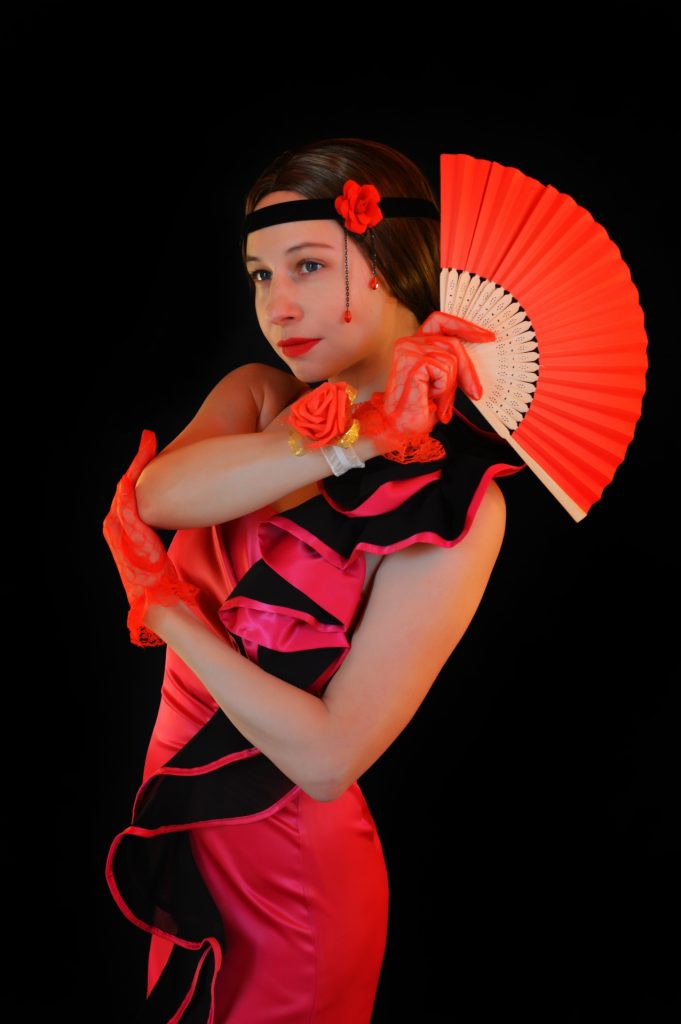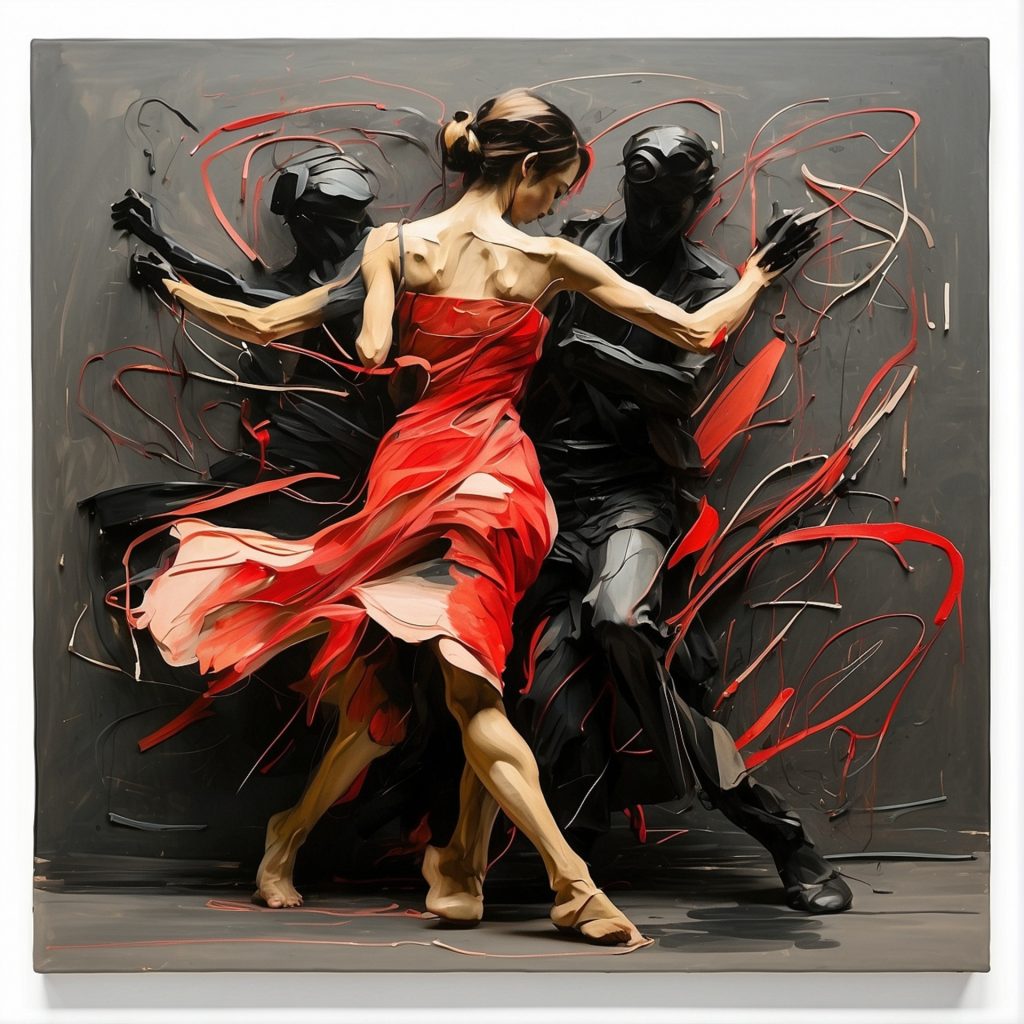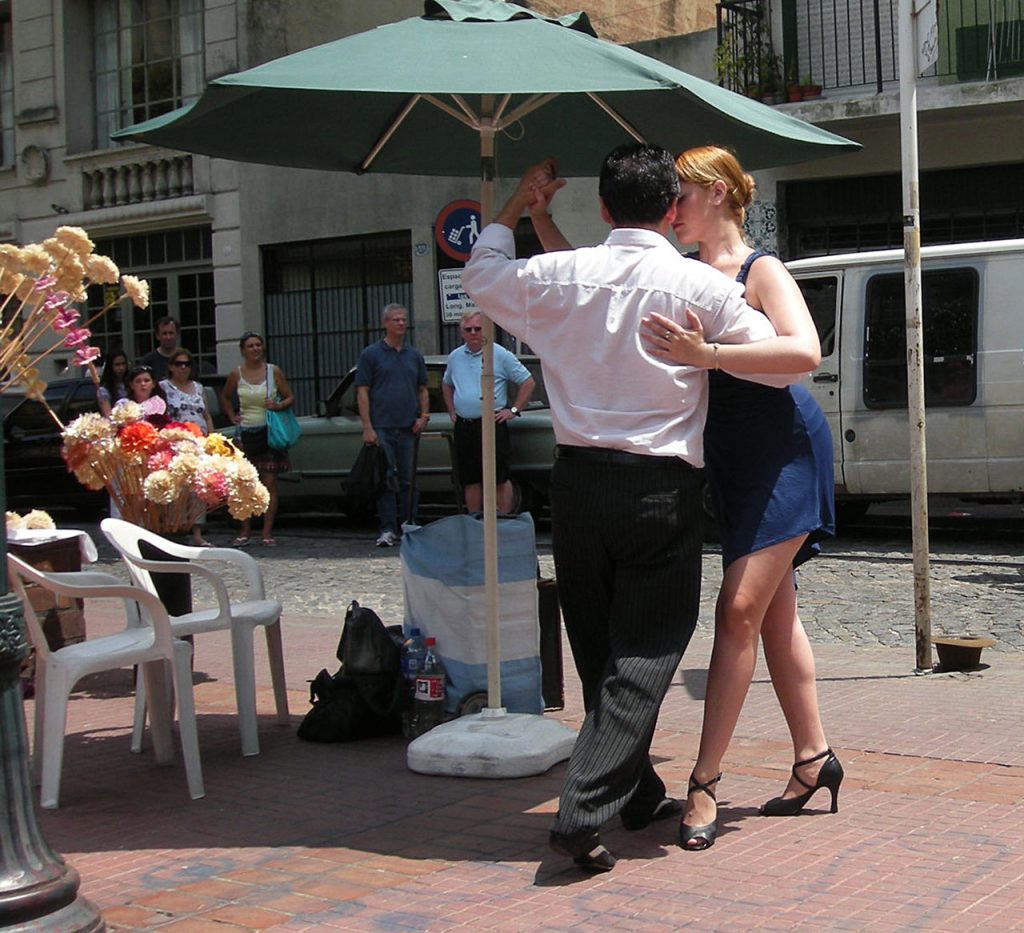
Stasis
They are wrong, those who say we dissolve in connection,
as if we have worn special clothes, handmade shoes,
paid for unneeded lessons, all to lose individuality.
Maybe it’s the separateness we crave, the remembrance
the song will end. We will be free to return where we laid
our wallets and purses, our IDs, keys, lives beyond
the dance floor we will never abandon for bed or bank.
The mouthing of words soothes more than the meaning:
how wonderful to regain the infant’s unmediated cry,
or, like a cat, live by instinct, not by choice, free
of the burden to make our lives what we desire,
irresponsible, for a moment, ourselves given, in total,
to a rhythm, a melody, a touch, a body, a god,
that has taken control and absolved us of sin.
We want only so much freedom. It’s too much to bear.
Some of us hold on too long. Others, too brief. As if touch
were a measure of our commitment to one other.
There is always a reluctance to betray the embrace.
That is why we rely on patterns but praise spontaneity.
Even the virtuoso dances sequences yet unrecognized.
We are like lovers trying to make memories,
looking forward to a future that is not yet
when we will look back at a past that no longer is,
discounting the present as a means.
Dreading silence, some of us never rest, as if motion
were truer than stillness. This is wrong.
So what does that leave us in our needs?
I say, the dance is in the emptiness, the quiet, the balance
that reminds us we are mortal. We always want more.
That frightens us. The staying of time is enough,
one step, held for itself, its own entrance, its own resolution,
unconnected to a before, or an after, yet unseparated.
It’s in the stasis where we find the dance.

No Dance Floor is Ever Empty
No dance floor is ever empty.
I see them, the ghosts of past dancers.
They left the touch
of each step, each turn, each embrace
pressed into the wood.
You can see them, too.
Look, in the corner, the couple falling in love.
Besides them, that pair already fallen out.
Here, to the side, the forlorn
who clutches a partner
like a fetish to ward off
an overwhelming loneliness.
Across the floor, the married one
who dances to return resigned to a spouse
who is content, functional, incomplete.
There are the comfortable,
those who know little
of sadness and suffering
and are perplexed
by those who do.
Even they leave bits
of thin souls
underfoot.
When you are on the floor,
give your attention to them, the ghosts.
You can feel them brush against you,
see their invisible shadows,
hear the softness of their voices.
It is they who fill the void between us.
Listen to me, my friend:
you, too, will be a ghost,
you, too, will leave a trace
of your dance. If you are blest,
someone will enter the dance floor,
someone born after you have died,
and will see what you have left.
They will know, at one time,
someone danced here
and gave what there was to give.

Leading
Leading is like writing a poem, isn’t it? The amateur constructs plans, sets milestones, identifies goals, chooses an end and steps backwards from there. I’m that, at times, with an idea of where things must go: a brilliant image or turn of phrase; a cleaver pattern or adornment; an intention to display my brilliance that will elicit a smile; a somewhere where I think the line of dance or of metaphor should end. When I try, I succeed, unfortunately. We all confuse what we desire with who we are. If I’m lucky, then I’m lost, a child in a dusk woods, the shadows, the trees, the calls; the music, the dance floor, the body of another. Some other thing, some other self, not me, as I think I am, but some part of me I cannot, will not, name, chooses me as its object. I follow. Could I say my life is really my own?
Richard Stimac has published a poetry book Bricolage (Spartan Press), two poetry chapbooks, and one flash fiction chapbook. In his work, Richard explores time and memory through the landscape and humanscape of the St. Louis region. His work is inspired by dancing Argentine tango.
